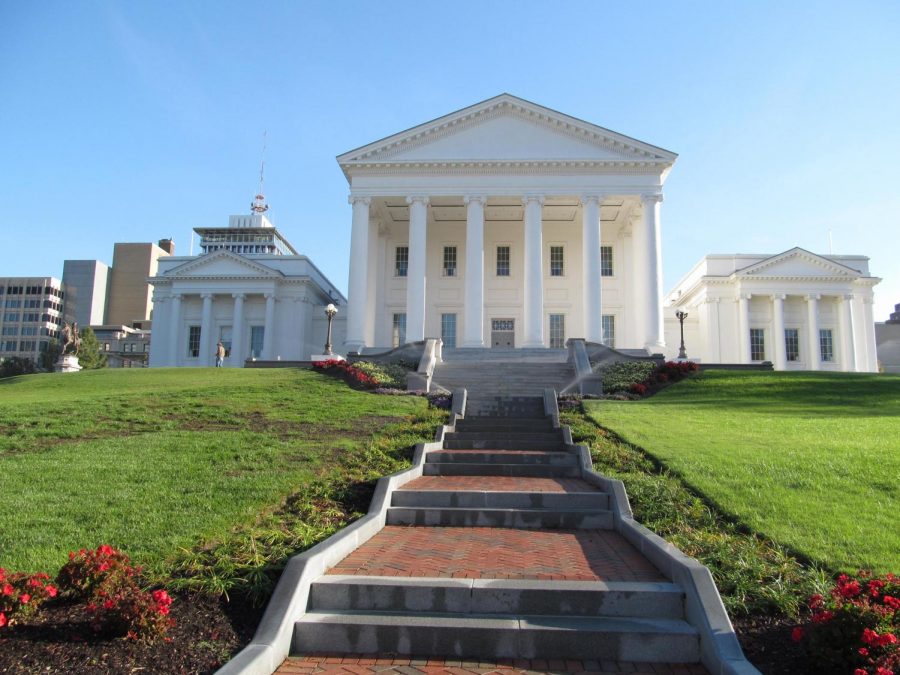Virginia Looks to Abolish the Death Penalty
The Democratic-controlled Virginia government looks to ban capital punishment, and its expected approval by Governor Ralph Northam will set the momentous reform into motion
On Feb 3 and 5, the Virginia Senate and House of Representatives voted to end the use of the death penalty in the state with the introduction of similar companion bills. The houses -both controlled by the Democratic party since 2019- represent a dramatic shift in the state’s political culture, and if passed, Virginia may become the first southern state to officially do away with capital punishment [Time].
Virginia has a long, contentious history with the death penalty. The first recorded execution under the Virginia government dates back to the Jamestown settlement in 1608, and hundreds of executions have followed suit [Time]. Since the 1970s, Virginia has executed more individuals than any other state besides Texas [The New York Times].
One of the key factors that has played into Virginia’s decision to remove the death penalty is the dramatic change in its political culture. In the past two decades, Virginia has flipped from a Republican to a swing state, and eventually to a rather stable Democratic state [Time]. The switch is largely the effect of increased minority populations in the Northern Virginia and Richmond areas.
In recent years, the Virginia state government has flipped entirely into Democratic control, with the Senate, House of Representatives, and Governor all being occupied by the party. As a result, Democrats are able to introduce progressive legislation and have it pass with less constraint by the opposing Republican party [CNN]. Democratic officials, including Northam, have shown strong support for the removal of the death penalty, and changing political tides in the state have proven to make the abolishment possible [The New York Times].
Virginia Democratic officials argue that there are “racial disparities in the application of capital punishment,” as told by CNN, as well as a clear “racial inequity in the percentage of Black people who have been put to death,” as told by The New York Times.
Senator Scott Surovell, the bill’s chief sponsor, pointed towards instances where people were executed for crimes they did not commit as an argument for the legislation’s ratification. “I cannot think of anything that’s more awful, unspeakable, and wrong for a government to do than to use its power to execute somebody who didn’t commit the crime they were accused of… The problem with capital punishment is that once it is inflicted you can’t take it back– can’t be corrected.”
After the draft of the bill passed in the House, the legislation made its way through the Senate with a 57-41 vote. Only three Republican Senators opted to vote in favor of the Bill on Feb 5 [Time]. “I do not believe that this bill is an appropriate response to misapplications of capital punishment of decades and centuries past,” said Republican Senator Mark Obenshain, as told by The New York Times.
The majority of votes in favor of its passing allow for the bill to move into the next stages of ratification. Both the Virginia Senate and House of Representatives will settle discrepancies between their bills, and the final draft will eventually be delivered to Governor Northam for ratification [The New York Times]. “It’s important that we shut down the machinery of death here in Virginia,” said Northam, who states he looks forward to signing the bill into Virginia law [CNN].


